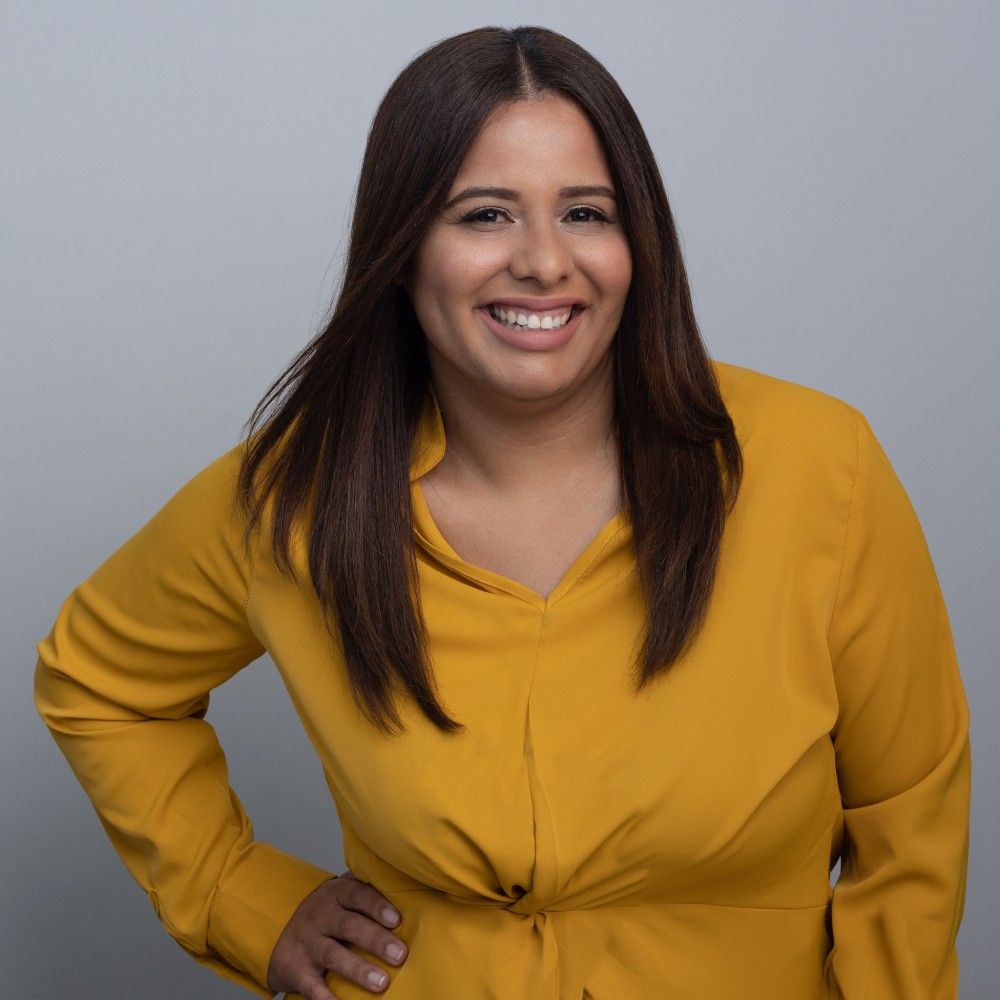Menu

According to an article published in the Scientific American in 2018, “nearly 40 percent of Americans belong to a racial or ethnic minority, but the patients who participate in clinical trials for new drugs skew heavily white—in some cases, 80 to 90 percent. Yet nonwhite patients will ultimately take the drugs that come out of clinical studies.” And therein lies the problem: the data collected regarding the safety and efficacy of the medicine being evaluated does not currently represent the population who will be taking it.
Dr. Shiela Baez-Torres, one of our physicians who was featured in USA Today (link to article) to discuss the issue of diversity in research, says: “There are multiple reasons why minority groups are underrepresented in clinical trials: limited access, lack of trust, no interest, or simply because of unawareness of what research opportunities could represent for each of them. If you ask me, in one word, how can we change this, I would say awareness. I firmly believe [regionalizing our efforts and creating awareness] will not only increase participation, but it can benefit all of us by ensuring equity in research and improving and advancing our health knowledge overall.”
Our goal at K2 Medical is to provide the resources of clinical trials to all members of the community, with an emphasis on underserved populations historically left out of conventional research: women, members of the Black, Latinx, Native American, Asian/Pacific Islander and LGBTQ+ communities, as well as people of varying levels of physical ability and socioeconomic status. In operational terms, our pledge is to:
To view some short videos about participating as a volunteer in clinical trials (in English and Spanish) click here.
To read more about the improving diversity in clinical trials, click here.












Tomorrow’s treatment today.
If you are interested in learning more or participating in any of our studies, please fill out the form below and our office will get back to you within 1-2 business days.
*By signing up you agree to be contacted about clinical research studies by our company, its affiliates or partners. Typical methods of contact include phone calls, text messages, pre-recorded messages, emails, automated technology or postal mail. This includes if the number is currently on any Do Not Call Lists. As we contact you, your electronic record will be updated accordingly with current relevant health information. This consent is not required to participate in a clinical research study.

Melissa Belardo, is a certified family nurse practitioner (FNP-BC), joins K2 Medical Research with more than a decade of clinical experience. She has served as an investigator in over 20 trials. Prior to clinical research, she held roles in gastroenterology, hepatology, and nurse education.
Melissa’s academic background includes a Bachelor of Science in Nursing from Adventist University, followed by a master’s degree in Family Nurse Practitioner from Georgetown University.
Melissa is a native of the US Virgin Islands’ and is fluent in both English and Spanish; Melissa has lived in central Florida for the past twenty years. When she’s not at work, you can find her volunteering at her local church and spending time with family.